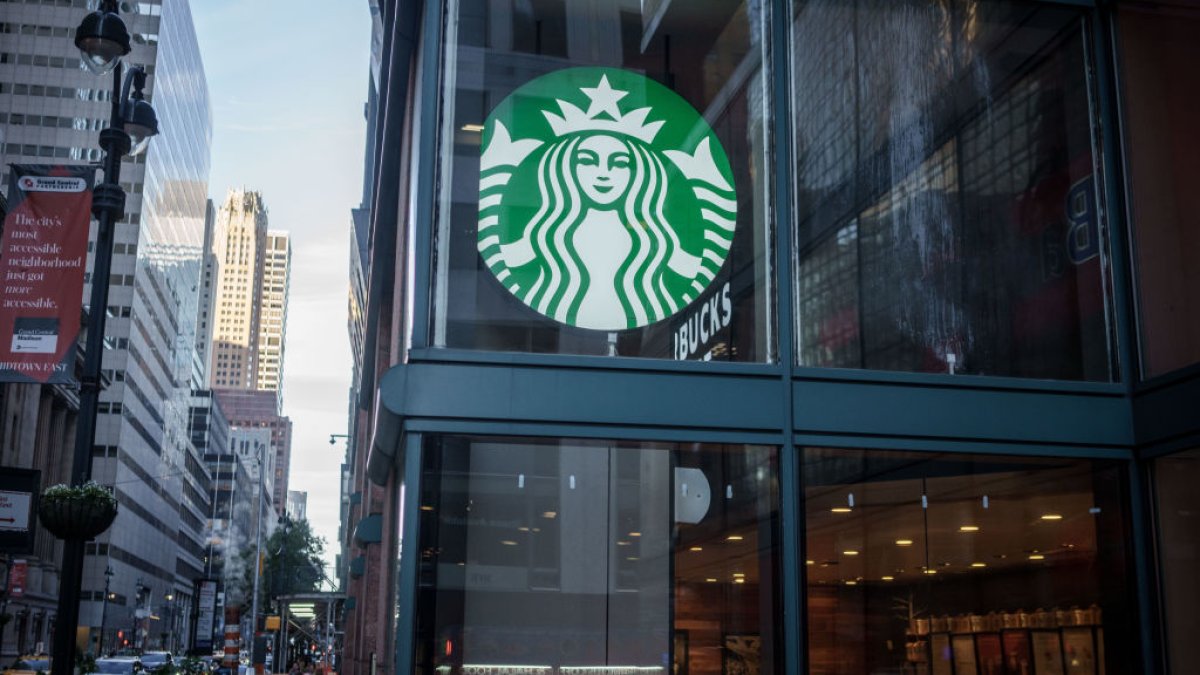Starbucks has been purchased by a federal choose to encounter a lawsuit claiming that some of its Refresher fruit drinks lack, very well, fruit.
U.S. District Decide John Cronan rejected Starbucks’ request to dismiss 9 of the 11 statements in the course-action complaint since “a substantial portion of acceptable consumers” would suppose that the beverages in dilemma would include the fruit in their names.
Starbucks phone calls the allegations “inaccurate” and “without merit.”
In August 2022, the complaint was filed in the United States District Court docket of the Southern District of New York, alleging Starbucks engaged in phony and deceptive procedures in the internet marketing and sale of a selection of its Refresher drinks.
These beverages are: Mango Dragonfruit Lemonade Starbucks Refreshers and Mango Dragonfruit Starbucks Refreshers, which plaintiffs allege are missing mango Strawberry Açaí Lemonade Starbucks Refreshers and Strawberry Açaí Starbucks Refreshers, which plantiffs allege don’t include things like açaí berry and Pineapple Passionfruit Lemonade Starbucks Refreshers and Pineapple Passionfruit Starbucks Refreshers, which plaintiffs allege really do not consist of enthusiasm fruit.
Based on this promotion, plaintiffs Joan Kominis, of Astoria, New York, and Jason McAllister, of Fairfield, California, allege that “reasonable consumers” bought the drinks under the assumption that they contained “all the fruits obviously shown in their respective names,” reads the judge’s impression, “yet the Merchandise are every lacking either mango, enthusiasm fruit, or açaí.”
The plaintiffs said the most important ingredients in these drinks were being water, grape juice focus and sugar, and that the drinks “differ from other Starbucks products” in that the drinks really don’t truly contain the items in their names, according to the view.
“Starbucks’ sizzling chocolate incorporates cocoa, its matcha lattes comprise matcha, and its honey mint tea consists of honey and mint,” reads the criticism, including that the 6 drinks do in truth comprise freeze-dried parts of strawberries, pineapple and dragon fruit, but that Starbucks “does not affirmatively show anywhere which substances are and are not in the Merchandise.”
Kominis claimed that she and other individuals purchased these menu things and “paid a high quality price” centered on Starbucks’ naming of them, and would either not have procured them or “paid appreciably much less for them” had they been mindful they have been lacking a single of the named fruits.
“The allegations in the complaint are inaccurate and without having benefit,” a Starbucks spokesperson tells Nowadays.com. “We appear ahead to defending ourselves against these statements.”
Starbucks argued that the fruits talked about in the names of the Refreshers were being supposed to “describe the flavors as opposed to the elements” of the beverages, but Decide Cronan turned down this argument, stating that, “in distinction with the use of the term ‘vanilla,’ which has been the subject of a number of prior circumstances, practically nothing ahead of the Court implies that ‘mango,’ ‘passionfruit,’ and ‘açaí’ are terms that normally are comprehended to stand for a taste with out also representing that component.”
Judge Cronan granted the movement to dismiss two allegations with prejudice, finding the plaintiffs failed to present adequate evidence that Starbucks intentionally defrauded customers, as well as an unjust enrichment assert, and permitted the other 9 to move ahead to demo.
Robert Abiri, the laywer for the plaintiffs, tells TODAY.com they’re “very delighted with the outcome” and “hoping to get to a place of achieving course certification.”
The plaintiffs are trying to find damages in surplus of $5 million.
This tale very first appeared on Today.com. Far more from Right now:



